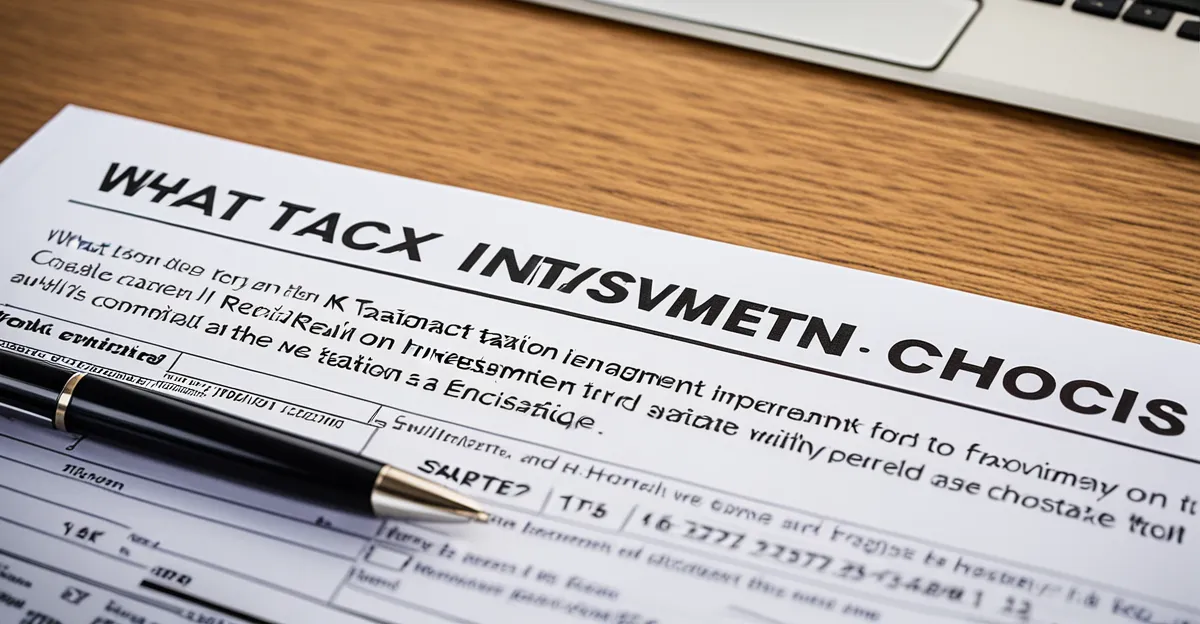Overview of Taxation in UK Real Estate Investment
Understanding UK real estate taxation is crucial for making informed property investment decisions. The main types of taxes affecting property investors include Stamp Duty Land Tax (SDLT), Capital Gains Tax (CGT), and Income Tax on rental income. Each tax applies at different stages of investment and alters the overall return.
Stamp Duty is payable when purchasing a property and varies according to the property value. This tax must be considered carefully before acquisition, as it directly impacts upfront costs. Income Tax affects the ongoing rental income generated by the property, influencing the net profit from letting. Capital Gains Tax arises upon selling the property, taxing the profit difference between purchase and sale price.
This might interest you : How can Brexit affect the UK’s real estate investment landscape?
These taxation points shape the investment timeline and decisions including when to buy, hold, or sell. For instance, anticipated CGT rates might prompt investors to hold properties longer to benefit from reliefs or to sell before certain tax changes take effect. Taxes also influence the selection between residential and commercial property investments due to differing regulations.
In summary, understanding how property investment tax functions at each stage helps investors forecast profitability and optimally structure their portfolios to enhance returns while complying with laws.
This might interest you : What are the advantages of commercial real estate investments in the UK?
Key UK Property Taxes and Their Mechanisms
Understanding Stamp Duty Land Tax (SDLT) is vital for UK property purchases. SDLT applies when acquiring residential or commercial properties, with rates varying by purchase price brackets. For example, buyers pay no tax on properties priced below £125,000 but higher rates apply progressively beyond this threshold. SDLT is due within 14 days of completion, making timing and budgeting crucial in property transactions.
Regarding Income Tax on rental income, investors must declare gross rental receipts after deducting allowable expenses, such as maintenance and letting agent fees. The tax rate depends on the investor’s income bracket and whether the property is residential or furnished holiday letting. Accurate record-keeping is key to optimising these deductions and meeting HMRC requirements.
Capital Gains Tax (CGT) applies upon selling investment properties that are not primary residences. The gain is calculated by subtracting acquisition costs and allowable expenses from the sale price. UK CGT rates currently differ for basic (18%) and higher-rate (28%) taxpayers when it comes to residential property. Various reliefs, such as Private Residence Relief and Letting Relief, can reduce CGT liabilities.
Grasping these three main UK property taxes enables investors to better anticipate cash flow impacts and integrate tax planning into their real estate investment decisions effectively.
Taxation Impact on Investment Profitability
Tax significantly influences property investment returns by reducing the net profit earned from real estate ventures. Investors must carefully factor in UK real estate taxation at every stage to accurately assess profitability. For instance, rental income is subject to Income Tax on property, which must be deducted after allowable expenses to determine taxable income. Higher tax brackets can dramatically shrink rental yields, affecting cash flow.
Capital Gains Tax comes into play when selling investment properties, directly lowering gains realized. Since CGT rates differ based on taxpayer status, this tax impact varies but is always a critical consideration in timing sales. To illustrate, an investor selling a property without accounting for CGT could overestimate returns, potentially affecting future real estate investment decisions.
Stamp Duty Land Tax increases upfront acquisition costs, altering the break-even point and expected profitability. Its progressive rates can make a substantial difference, particularly for higher-value properties.
Understanding these tax effects helps investors weigh risks and expected yields realistically. Tax obligations reduce liquid gains, so strategies that incorporate tax timing and relief planning can improve overall UK real estate profitability. In sum, ignoring tax risks can lead to inflated return expectations, while informed investors can use taxation knowledge to optimise their investment outcomes.






